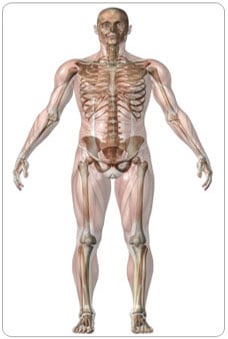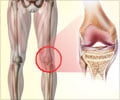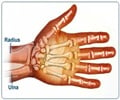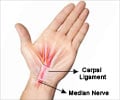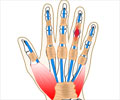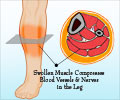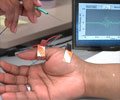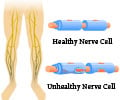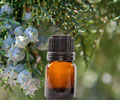Treatment for Carpal Tunnel Syndrome
Overcoming symptoms of Carpal Tunnel Syndrome requires reduction or elimination of the constant sources of strain affecting the median nerve along its entire pathway. The most common sources of strain are the adhesions formed in the fascia covering the muscles. Fully releasing the adhesions in all these areas significantly increases the chances of a successful and full recovery.
Apart from the regular medication treatment, we need to concentrate on our posture to decrease the amount of strain. Tissues if properly hydrated help reduce the irritation among the tissues. Simply drinking enough water keeps our tissues hydrated and helps correct this chronic source of unnecessary strain.
We need to bring into consideration some of our unconscious habits which add strain to our writs and tendons.
- Grasping objects too tightly straining the flexor muscles of wrist.
- Keeping arms down at sides for extended periods of time leading to congestion of the tissues that pass through the armpits.
- Resting wrist on desk surface which compresses tissues as they pass through the carpal tunnel of the wrist.
- Sleeping with wrist curled palm ward straining the flexor muscles and the carpal tunnel.
- Gripping objects while arms are extended forward of the body resulting in tightening of the tissues.
If a person suffering from Carpal Tunnel Syndrome only addresses the symptoms, they stand a great chance of missing the true source of problem. Immediately following the pain, employ the RICER regime. This involves Rest, Ice, Compression, Elevation, and Referral to a healthcare professional.
As part of the R.I.C.E.R. regime, apply night splint that provides support to the wrist. The next phase of treatment involves application of physiotherapy techniques. The application of heat and massage is one of the most effective treatments which speed up the healing process of the muscles and tendons. Once most of the pain has been reduced, rehabilitation phase of treatment starts in. The main aim of this phase is to regain strength, power, endurance and flexibility.
Wrist Splint can be worn to brace the wrist in a neutral position so that the nerves and tendons get recovered. A splint can be worn entire day but wearing at night is most helpful.
Give rest to the affected joint and tendons
Medications like nonsteroidal anti-inflammatory drugs (NSAIDs) are used to control pain. NSAIDs include aspirin, ibuprofen, and other non- prescription pain relievers. In severe cases, cortisone injection may help to reduce swelling.
Tips on relieving carpal tunnel syndrome:
- Elevate your arm with pillows when you lie down.
- Avoid overuse of the affected hand.
- Find new ways to use hand to avoid stress
- Try and use unaffected hand more often.
- Avoid holding wrist in a downward bent position for long time.


